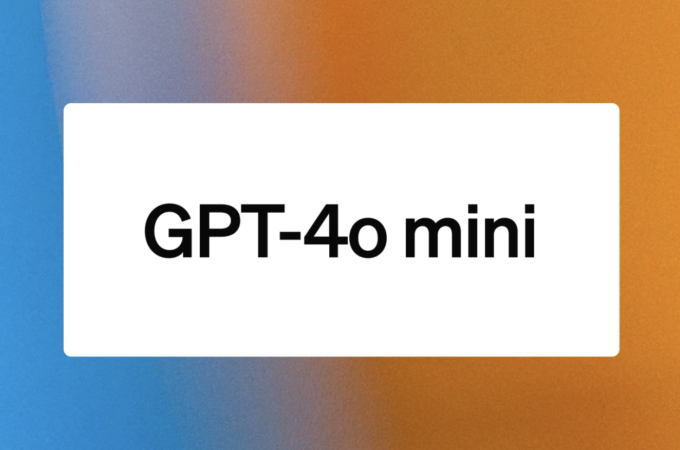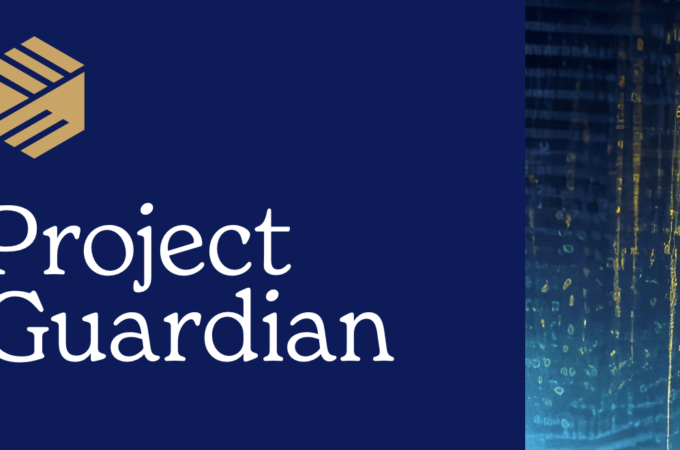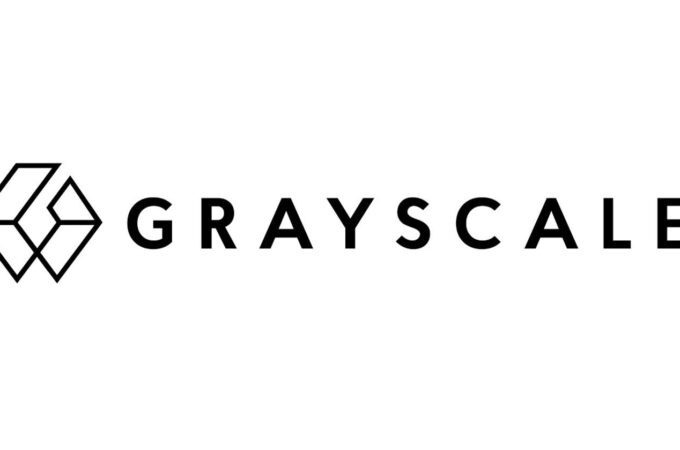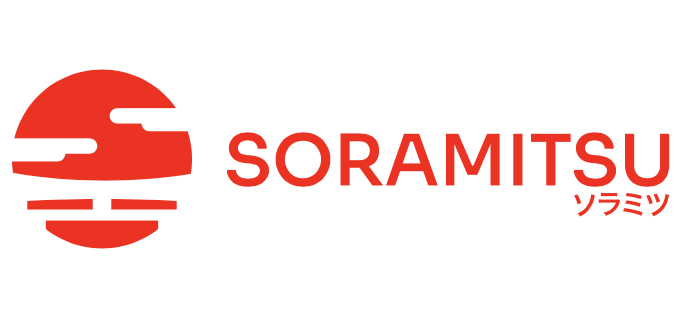
Exploring Tokenization for Cross-Border Payments: BIS and Central Banks Launch Project Agorá
Central banks and the banking sector are embarking on a groundbreaking project known as Project Agorá to delve into the realm of tokenization for cross-border payments. Spearheaded by the Bank for International Settlements (BIS) and joined by seven prominent central banks, including the Bank of France, Bank of Japan, Bank of Korea, Bank of Mexico, Swiss National Bank, Bank of England, and the Federal Reserve Bank of New York, this initiative aims to revolutionize international monetary transactions.
The project, aptly named after the Greek word for marketplace, seeks to explore how tokenization can enhance the efficiency of the global monetary system. By leveraging the concept of a unified ledger, Project Agorá intends to integrate tokenized commercial bank deposits with tokenized wholesale central bank money on a public-private programmable financial platform.
Tokenization, which combines the record-keeping function of a traditional database with the rules and logic governing transfers through smart contracts, holds the potential to streamline cross-border payments significantly. It can introduce new settlement methodologies and facilitate transaction types that are currently impractical, thereby offering novel benefits for businesses and consumers alike.
One of the primary objectives of Project Agorá is to address the structural inefficiencies inherent in current cross-border payment processes. These inefficiencies arise from the disparate legal frameworks, regulatory standards, and technical requirements across jurisdictions, leading to operational challenges such as varying operating hours, time zones, and the repetitive execution of financial integrity checks.
As an experimental venture under the BIS Innovation Hub, Project Agorá aims to develop and deliver innovative solutions to the global central banking community. The project will invite private financial institutions to participate, with the Institute of International Finance (IIF) facilitating the involvement of the private sector.
Participation in Project Agorá will encompass a diverse group of regulated financial entities representing the currencies of the seven participating central banks. Specific details and participation criteria will be announced, with the BIS emphasizing that membership in the IIF is not a prerequisite for participation.
In conclusion, Project Agorá marks a significant step towards modernizing cross-border payments through tokenization. By harnessing the power of emerging technologies and fostering collaboration between central banks and the private sector, this initiative seeks to pave the way for a more efficient and inclusive global financial system.





